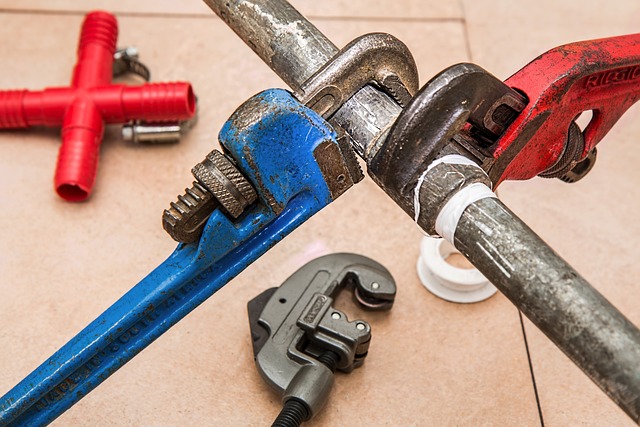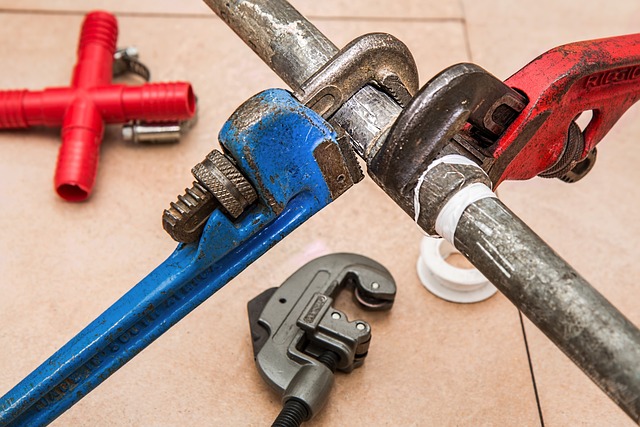The Importance of Pipe Purity for Smooth Sewer Lines in Philly: Insights from a Plumber
Pipe Purity: Clearing the Way for Smooth Sewer Lines in Philly
Maintaining smooth sewer lines is crucial for the proper functioning of any city’s infrastructure, and Philadelphia is no exception. As a plumber with years of experience in the field, I have witnessed firsthand the importance of pipe purity in ensuring the smooth flow of wastewater and preventing costly and inconvenient sewer line blockages.
One of the primary factors that contribute to the smooth operation of sewer lines is the purity of the pipes themselves. Over time, pipes can accumulate debris, sediment, and other substances that hinder the flow of wastewater. This buildup can lead to clogs and blockages, causing sewage backups and potential damage to the entire sewer system.
To prevent such issues, regular pipe inspections and maintenance are essential. Plumbers use specialized tools and techniques to assess the condition of the pipes and identify any potential problems. By detecting and addressing issues early on, they can prevent major blockages and keep the sewer lines running smoothly.
One common method used to ensure pipe purity is hydro jetting. This process involves using high-pressure water to clean the interior of the pipes, effectively removing any accumulated debris or obstructions. Hydro jetting is a highly effective technique that not only clears the pipes but also helps to restore their original flow capacity.
In addition to regular maintenance, it is crucial to be mindful of what goes down the drains. Many sewer line issues can be traced back to improper disposal of items such as grease, oil, and non-biodegradable materials. These substances can stick to the interior of the pipes, gradually building up and causing blockages. By educating the public about proper disposal methods and promoting environmentally friendly practices, we can significantly reduce the risk of sewer line problems.
Another factor that affects pipe purity is the presence of tree roots. Trees, particularly those with aggressive root systems, can infiltrate sewer lines, causing blockages and damage. Regular tree root inspections and, if necessary, root removal can help prevent these issues. Additionally, planting trees away from sewer lines and using root barriers can be effective preventive measures.
Furthermore, the quality of the pipes themselves plays a significant role in maintaining pipe purity. Older pipes made of materials such as cast iron or clay are more prone to corrosion and deterioration, leading to blockages and leaks. Upgrading to modern, durable materials like PVC or HDPE can greatly improve the longevity and performance of sewer lines.
In conclusion, pipe purity is of utmost importance for the smooth operation of sewer lines in Philadelphia. Regular maintenance, including inspections and hydro jetting, is crucial to prevent blockages and keep the flow of wastewater uninterrupted. Proper disposal practices and tree root management also contribute to maintaining pipe purity. By prioritizing these measures, we can ensure the longevity and efficiency of Philadelphia’s sewer system, saving both time and money in the long run. As a plumber, I strongly advocate for the importance of pipe purity and encourage everyone to take proactive steps in preserving the integrity of our sewer lines.



